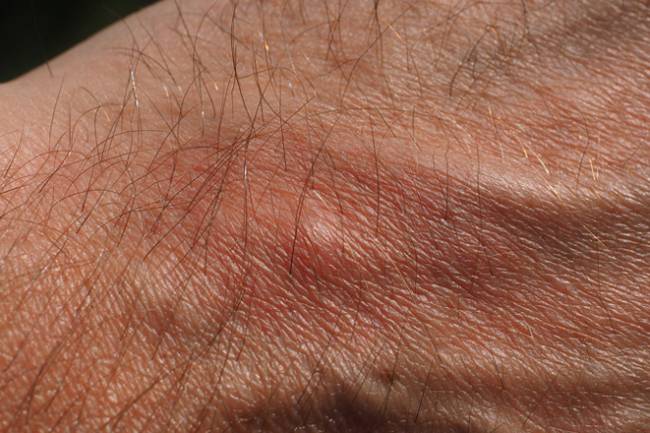Leptin – The Weight Loss Hormone

Leptin is a hormone produced by cells in fat tissue that helps to regulate hunger, food intake and energy output.
When we are getting adequate levels of food and have energy stored in fat reserves, leptin sends a signal to the brain, telling it that our energy levels are sufficient, and suppresses hunger to stop us eating too much. If our leptin levels are reduced, it sends signals to the brain to tell us that we need to eat more in order to sustain ourselves.
Leptin works with another chemical in the body called ghrelin, known as the ‘hunger hormone', and both work together to regulate our metabolism, energy levels and hunger. Sounds simple, right? But leptin levels can be affected by various factors, and it appears that your leptin threshold could be dictated by your genes – meaning that for some individuals, it can actually make losing weight more difficult.
Leptin – Theory vs. Reality
In theory, the more fat tissue a person has, the more leptin is produced, leading to less hunger. However, some believe that different people's leptin threshold can vary, and even if they are overweight, dieting and shedding fat can trigger the decreased levels of leptin to tell the brain that the body is starving, and leads to feelings of hunger. This can make it incredibly hard for a person to stick to a diet and lose weight if their brain thinks they are starving.
Leptin and Weight Loss
It had been theorised by scientists as early as the 1970s that there was a chemical or hormone within the body that affected food intake and fat levels, but it wasn't clear what exactly this was or how it would work. The relatively new discovery of leptin (discovered by scientists in 1994) was very exciting at the time because it indicated that obesity wasn't simply caused by eating too much food and not getting enough exercise.
Scientists explored the possibility of treating a theorised ‘leptin deficiency' by giving leptin to obese people, but this didn't work so well in practice. This indicates that fat stores were still producing leptin and plenty of it, but the body had a natural resistance, or threshold – the body's response to leptin is impaired, similar to the way people with diabetes are resistant to insulin.
Leptin Resistance and Dieting
Studies have shown that the majority of overweight people who have difficulty losing weight appear to have leptin resistance. This means that even if large amounts of leptin are produced, the body can't react accordingly, and metabolism is slowed to conserve energy.
The vagus nerve between the brain and abdomen is also stimulated, provoking feelings of hunger, despite the body having more than adequate energy stores. This can make it harder for overweight people to effectively diet and lose weight. It appears that weight loss can improve leptin resistance, but it is somewhat of a ‘Catch-22' situation – does leptin resistance cause obesity or vice versa?
Naturally Increasing Leptin Levels
While the leptin threshold appears to be hardwired by your genes, there are some things you can do to increase the amount of leptin in your body – particularly getting plenty of sleep (8-9 hours per night), and reducing stress levels. Elevated triglyceride levels also appear to have an effect on leptin, as triglycerides in the blood can stop leptin from getting to the brain.
It is thought that extracts taken from the seed of the African mango may help to regulate leptin levels. A 2009 study into african mango seed extract found that it appeared to reduce body weight and improved metabolic parameters.
As leptin is a recent discovery, scientists are still learning more about the effects of leptin on the body – it is thought to play a role in heart health, bone density, and fertility in women.
References:
Ahima, R. S. (2008). Revisiting leptin's role in obesity and weight loss. The Journal of Clinical Investigation, 118(7), 2380–2383. doi:10.1172/JCI36284 http://www.ncbi.nlm.nih.gov/pmc/articles/PMC2430504/
Ngondi JL, Etoundi BC, Nyangono CB, Mbofung CM, Oben JE. IGOB131, a novel seed extract of the West African plant Irvingia gabonensis, significantly reduces body weight and improves metabolic parameters in overweight humans in a randomized double-blind placebo controlled investigation. Lipids in Health and Disease. 2009;8:7. doi:10.1186/1476-511X-8-7.

 Nicole
Nicole 

























